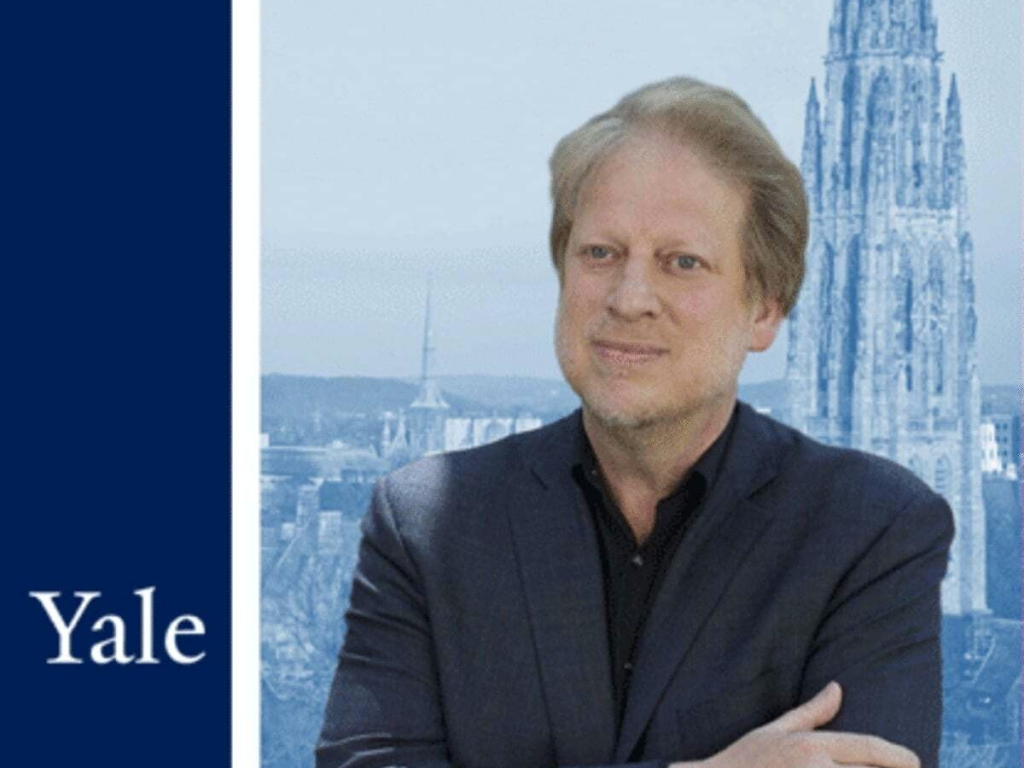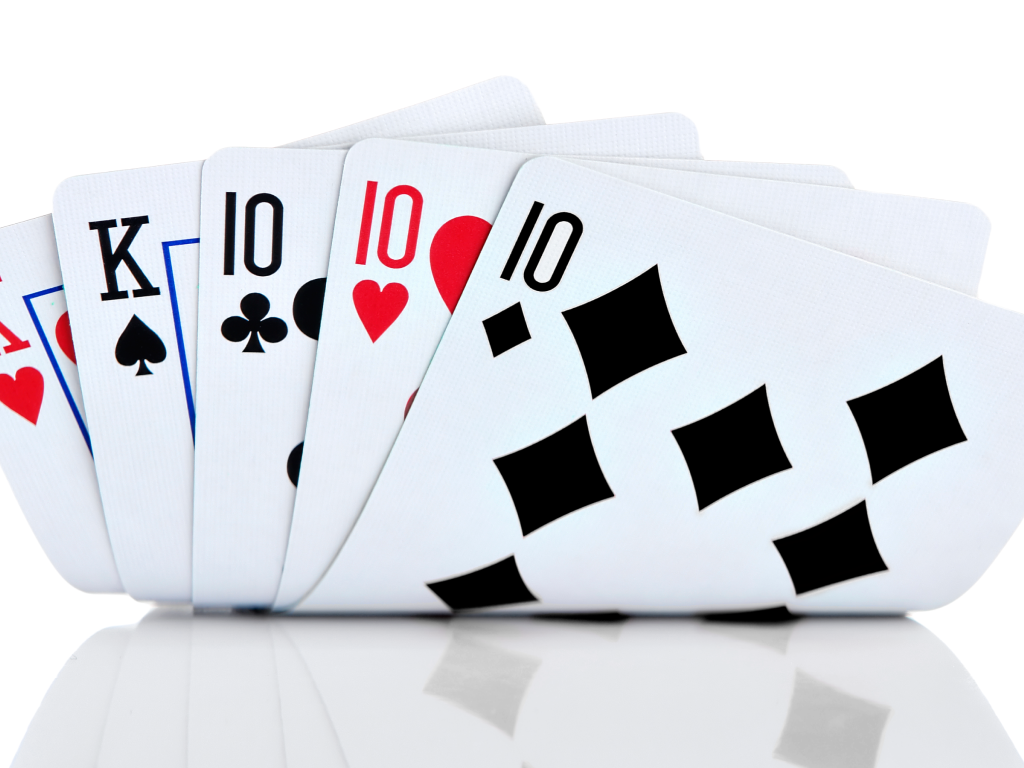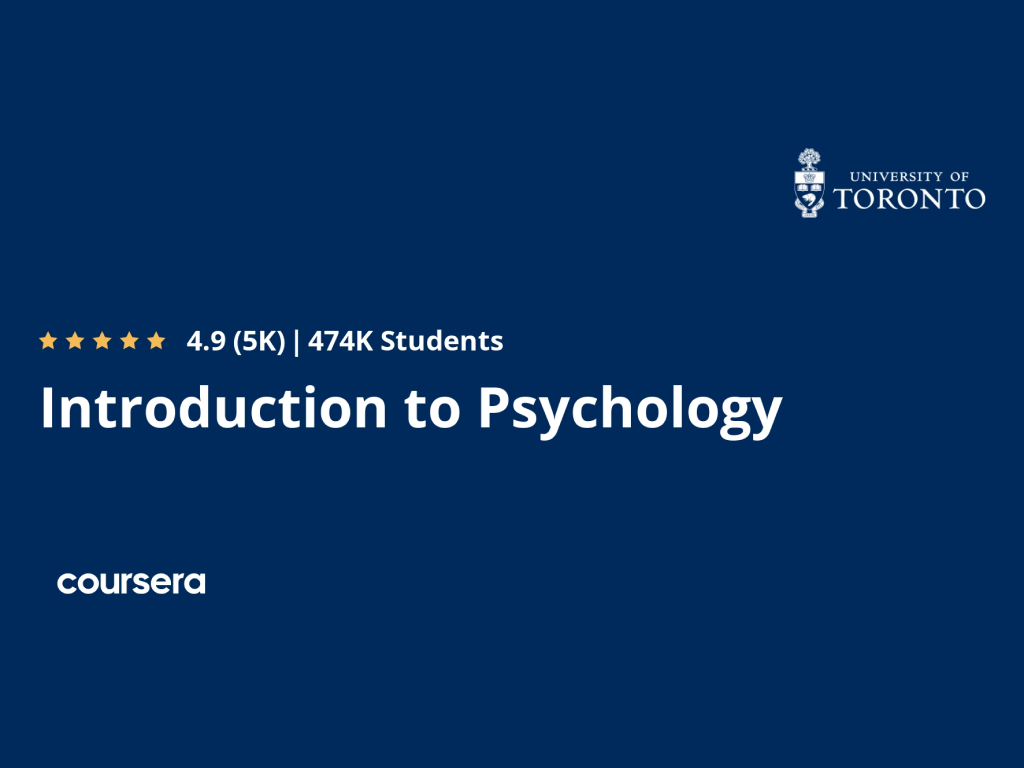Description
What are people most afraid of? What do our dreams mean? Are we natural-born racists? What makes us happy? What are the causes and cures of mental illness? This course tries to answer these questions and many others, providing a comprehensive overview of the scientific study of thought and behavior. It explores topics such as perception, communication, learning, memory, decision-making, persuasion, emotions, and social behavior. We will look at how these aspects of the mind develop in children, how they differ across people, how they are wired-up in the brain, and how they break down due to illness and injury.
Tags
Syllabus
- Welcome to Introduction to Psychology
- Meet Paul Bloom, your instructor.
- Foundations
- In this module, you will learn about foundational psychological theories and findings in psychology. We will start with the discovery that our mental lives have a physical basis, introducing the field of neuroscience. And then we will turn to two major psychological theories that have come to shape the world that we now live in—Freud’s psychodynamic theory and Skinner’s theory of behaviorism.
- Development and Language
- In this module, you will learn about foundational psychological research into development and language. Specifically, you will learn about methods for studying how infants and children think and the core discoveries that they have led to. Then you will learn about the structure of language, how language is learned, and end with a little bit on animal communication, language processing, and relationship between language and thought.
- Cognition
- In this module, you will learn about cognitive psychology. Specifically, you will learn about how we perceive the world, how attention works, and we store our experiences in memory.
- Self and others
- In this module, you will learn about psychology examining the self and others. Specifically, in the first half, you will learn about social and non-social emotions. In the second half, you will learn about how we deal with other people—social psychology.
- Variation
- In this module, you will learn human variation. The focus will focus on personality and intelligence, and the role of genes and environment in explaining individual differences. The second half will focus on clinical psychology by reviewing prominent mental illnesses and therapies.
- The good life
- In the final module, you will learn how psychologists measure happiness and what factors contribute to the good life

Introduction to Psychology
-
TypeOnline Course
-
Provider
-
PricingFree to Audit
-
CertificatePaid certificate
What are people most afraid of? What do our dreams mean? Are we natural-born racists? What makes us happy? What are the causes and cures of mental illness? This course tries to answer these questions and many others, providing a comprehensive overview of the scientific study of thought and behavior. It explores topics such as perception, communication, learning, memory, decision-making, persuasion, emotions, and social behavior. We will look at how these aspects of the mind develop in children, how they differ across people, how they are wired-up in the brain, and how they break down due to illness and injury.
- Welcome to Introduction to Psychology
- Meet Paul Bloom, your instructor.
- Foundations
- In this module, you will learn about foundational psychological theories and findings in psychology. We will start with the discovery that our mental lives have a physical basis, introducing the field of neuroscience. And then we will turn to two major psychological theories that have come to shape the world that we now live in—Freud’s psychodynamic theory and Skinner’s theory of behaviorism.
- Development and Language
- In this module, you will learn about foundational psychological research into development and language. Specifically, you will learn about methods for studying how infants and children think and the core discoveries that they have led to. Then you will learn about the structure of language, how language is learned, and end with a little bit on animal communication, language processing, and relationship between language and thought.
- Cognition
- In this module, you will learn about cognitive psychology. Specifically, you will learn about how we perceive the world, how attention works, and we store our experiences in memory.
- Self and others
- In this module, you will learn about psychology examining the self and others. Specifically, in the first half, you will learn about social and non-social emotions. In the second half, you will learn about how we deal with other people—social psychology.
- Variation
- In this module, you will learn human variation. The focus will focus on personality and intelligence, and the role of genes and environment in explaining individual differences. The second half will focus on clinical psychology by reviewing prominent mental illnesses and therapies.
- The good life
- In the final module, you will learn how psychologists measure happiness and what factors contribute to the good life

 Online Course
Online Course 
 Free to Audit
Free to Audit  Paid certificate
Paid certificate 


